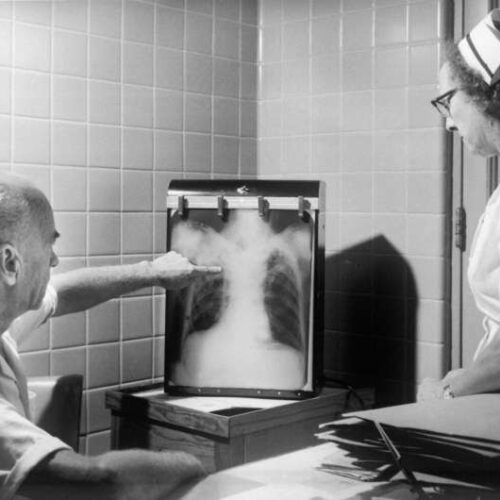by Delthia Ricks , Medical Xpress Representative IVM imaging of vaccine-activated capture of ST865 pneumococci in the liver sinusoids. Pneumococci, green; KCs, red; ECs, cyan; neutrophils, magenta. Credit: Science Translational Medicine (2023). DOI: 10.1126/scitranslmed.ade0054In findings that are nothing short of surprising, scientists have demonstrated that the liver is the site where the immune system unleashes...
Tag: <span>animal model</span>
Not too late to repair: Gene therapy improves advanced heart failure in animal model
by Ana María Rodríguez, Baylor College of Medicine Credit: CC0 Public DomainHeart failure remains the leading cause of mortality in the U.S. During a heart attack blood stops flowing into the heart. Without oxygen, part of the heart muscle dies. The heart muscle does not regenerate; instead, it replaces dead tissue with a scar made of...
Novel approach improves heart failure outcomes in animal model
by Ana María Rodríguez, Baylor College of Medicine Credit: Pixabay/CC0 Public DomainIn 2020, heart failure affected about 6.5 million people in the U.S. and 23 million around the world. Despite recent advances, the five-year survival rate remains approximately 50%, indicating an urgent need for a novel perspective for treating this condition. A new approach described in...
Can drug resistant TB be reversed with a novel small molecule? Scientists turn to an animal model to find out
by Delthia Ricks, Medical Xpress Credit: Unsplash/CC0 Public Domain Tuberculosis is a major public health concern, an ancient bacterial disease that has claimed the lives of kings, presidents, poets and at least one star of Hollywood’s silver screen-era. Yet even now in the 21st century, it’s still impossible to shake the scourge. TB kills someone...
UTSW scientists eliminate key Alzheimer’s feature in animal model
UT SOUTHWESTERN MEDICAL CENTER IMAGE: JOACHIM HERZ, M.D. CREDIT: UT SOUTHWESTERN MEDICAL CENTER A study by UT Southwestern researchers finds that changing the biochemistry of parts of brain cells abolished the formation of amyloid beta plaques in a mouse model of Alzheimer’s disease. The finding, published in eLife, might eventually lead to treatments that prevent the memory-robbing...




